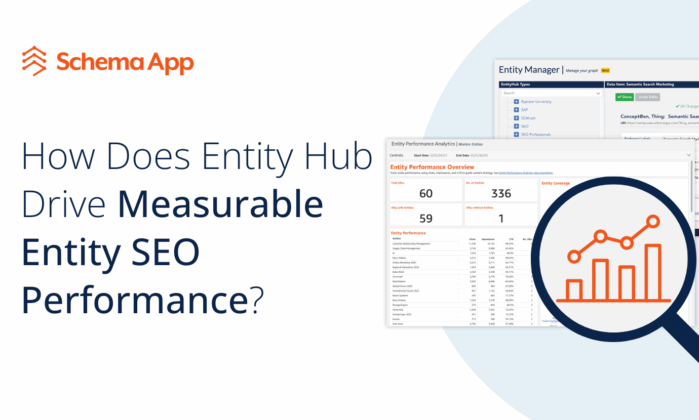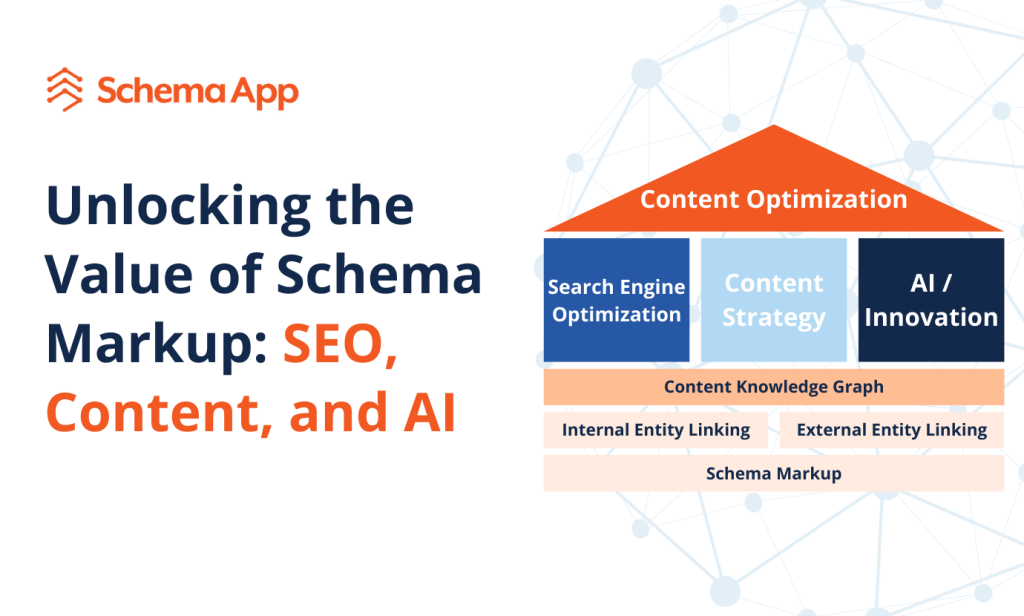How Entity SEO Supports Brand Authority in AI Search
AI interfaces have transformed how people discover and engage with brands online. Instead of clicking through multiple links, users now see summarized answers from several sources combined into a single…










